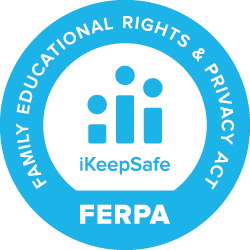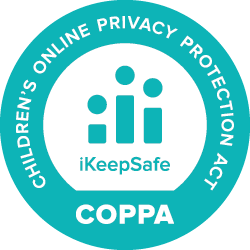JASON’s project-based approach to STEM education presents great opportunities for students to succeed in their social, emotional, and academic development. JASON has creatively merged cognitive, social, and emotional skills through hands-on activities that allow students to connect with one another, communicate their emotions, and illustrate their thoughts and ideas. Each JASON lesson includes activities that encourage collaboration, habits of mind, problem-solving, critical thinking, and resilience.
Everyone has a different learning style. There are visual learners: those who use pictures, videos, and graphs to visualize the problem, auditory learners: those who need to hear the information, and kinesthetic learners: those who need engaging activities and hands-on materials to grasp a concept. JASON recognizes this need and has enough resources (i.e., games, videos, print materials, and hands-on activities) to satisfy all learning styles and accelerate learning for all students.
JASON’s curriculum is also filled with diverse STEM role models, so students can see their own bright possibilities reflected in the faces of those who inspire them. JASON’s approach using diverse STEM role models is essential for boosting academic achievement and STEM career pursuits from underrepresented groups. Youth from high-income households are more likely to be exposed to STEM careers and experiences at a younger age and are more likely to become future inventors. Youth who are less exposed—including those from low-income families, ethnic minorities, and girls—are less likely to pursue STEM and innovation career paths. By highlighting STEM role models from different backgrounds, the relevancy and context of classroom learning are increased, leading to improved academic and career path outcomes.
All JASON elements promote student agency and boost self-efficacy. They are designed so students can understand a concept and easily move on, but if they need more time to practice to learn something, they can do that as well. One example of this is our Coaster Creator game: if you design a roller coaster that crashes, then it points you in the right direction of what needs to change. It’s the idea of constant rework that builds persistence and success.
Additionally, STEM activities help students build self-awareness and self-reflection when they have to identify their emotions, experience problem-solving, think critically, and take on challenging tasks. Challenging STEM activities cause students to have strong emotions that they need to be able to identify and communicate, and teachers need to be able to validate those feelings. JASON’s professional development helps teachers incorporate social-emotional learning or “soft skills” as well as prepare the next generation of workers and teach technical skills. Students who use JASON Learning are resilient — they believe they have what it takes to be successful no matter what career field they end up pursuing.


